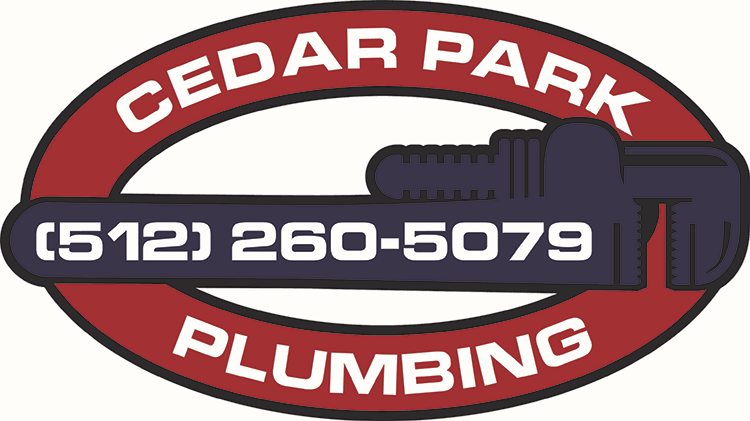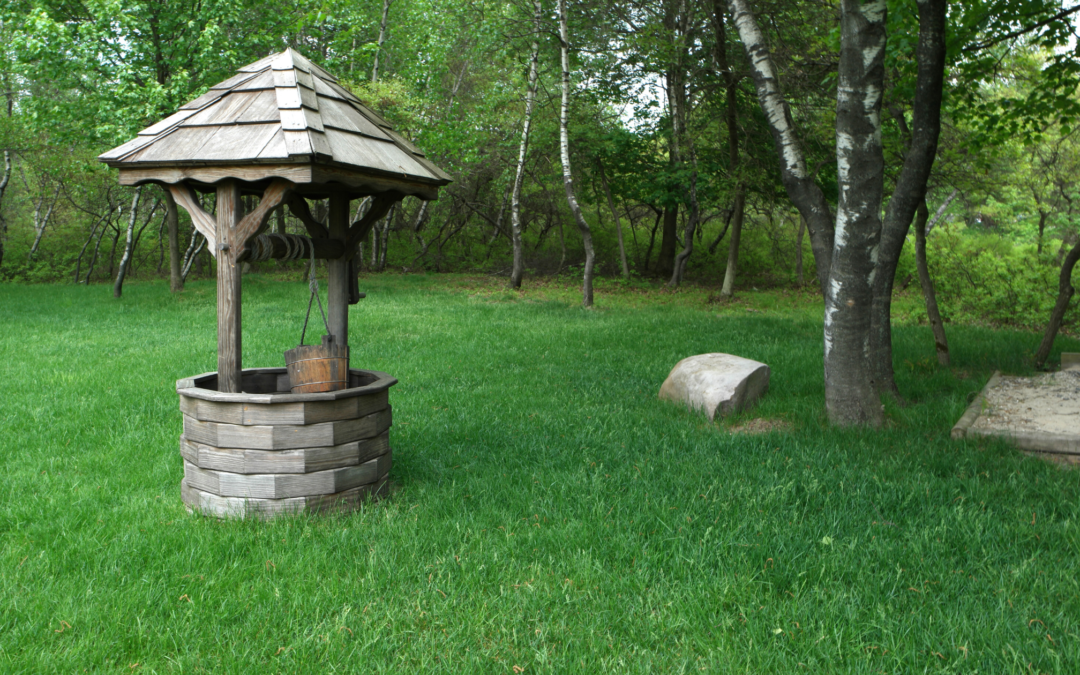As a homeowner, knowing the right water pressure for your well can help you avoid spending too much on water bills and prevent damage to your plumbing system. Water pressure refers to the force with which water travels through your pipes and out of your faucets. Not sure what water pressure is ideal for a well? Don’t worry, we’ve got you covered. In this blog post, we’ll discuss what good water pressure is for a well and how you can measure it.
What is Good Water Pressure for a Well?
Good water pressure for a well is typically between 40-60 psi (pounds per square inch). PSI is the unit of measurement used to measure water pressure. It’s important to keep in mind that too much pressure can cause damage to your pipes, appliances, and fixtures, while too little pressure can lead to low water flow and unsatisfactory performance. If you’re not sure what your well’s water pressure is, it’s a good idea to measure it using a pressure gauge.
How to Measure Water Pressure for a Well
To measure water pressure for a well, you’ll need a pressure gauge (available at hardware stores). Here’s a simple step-by-step guide on how to measure water pressure for a well:
- Connect the pressure gauge to the faucet closest to your well’s pressure tank.
- Turn off all other faucets and appliances that use water.
- Turn on the faucet and let it run for a few minutes.
- Read the pressure gauge. If the reading is between 40-60 psi, then you have good water pressure for your well.
Factors That Affect Water Pressure for a Well
Several factors can affect the water pressure for a well. One of the most common factors is the size of your pressure tank. It’s important to have a pressure tank that’s properly sized for your home’s water usage to ensure good water pressure. Other factors that can affect water pressure include clogged pipes, old piping systems, and leaks.
How to Maintain Good Water Pressure for a Well
To maintain good water pressure for a well, it’s important to keep your plumbing system in good condition. Here are a few tips to help you maintain good water pressure:
- Regularly inspect your pipes for leaks and clogs.
- Replace old, worn-out pipes and fixtures.
- Hire a professional plumber to perform routine maintenance on your plumbing system.
- Ensure that your pressure tank is properly sized for your home’s water usage.
When to Call a Professional Plumber
If you’re experiencing low water pressure or high water bills despite taking steps to maintain good water pressure, it’s time to call a professional plumber. A plumber can assess your plumbing system and identify any underlying issues that may be affecting water pressure. They can also recommend solutions to improve water pressure, such as installing a water pressure booster pump or replacing outdated plumbing fixtures.
Conclusion
In conclusion, knowing what good water pressure is for a well is important for maintaining your plumbing system and preventing unnecessary expenses. Remember that good water pressure for a well is typically between 40-60 psi, and that several factors can affect water pressure. Regular maintenance of your plumbing system and hiring a professional plumber when needed can help you maintain good water pressure for your well. If you’re experiencing issues with water pressure despite taking these steps, don’t hesitate to contact a professional plumber for assistance.

